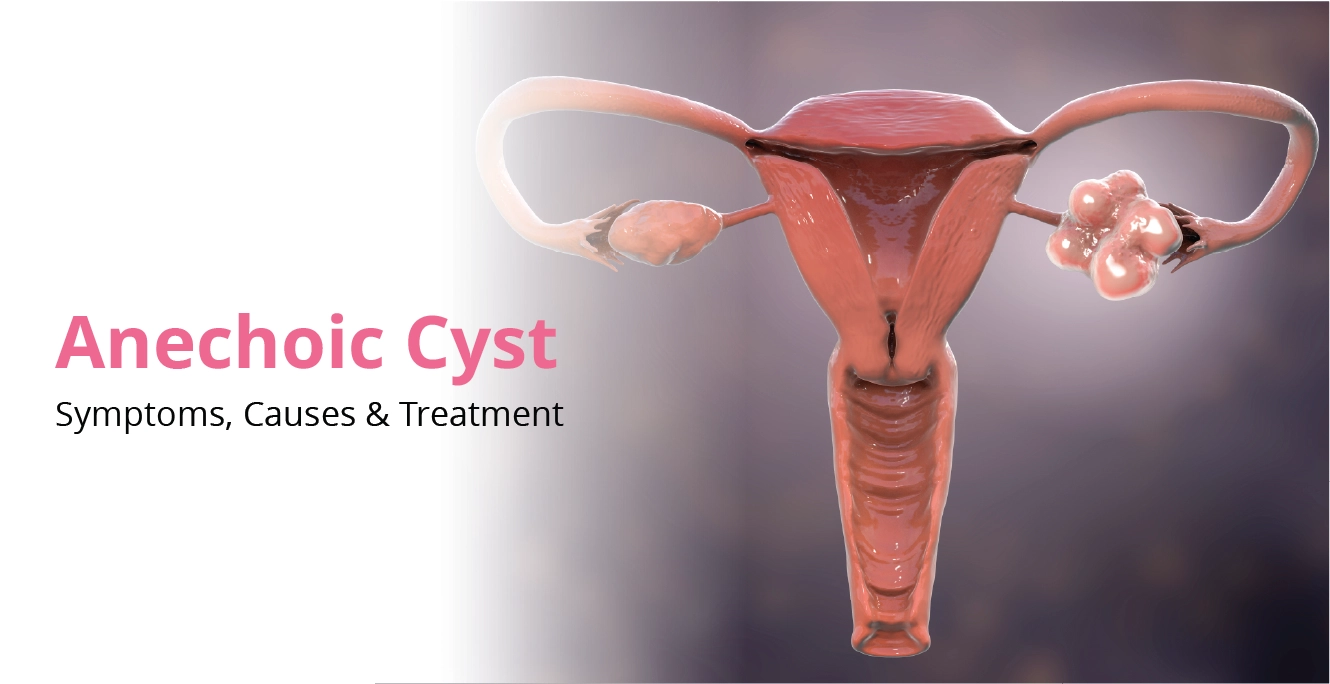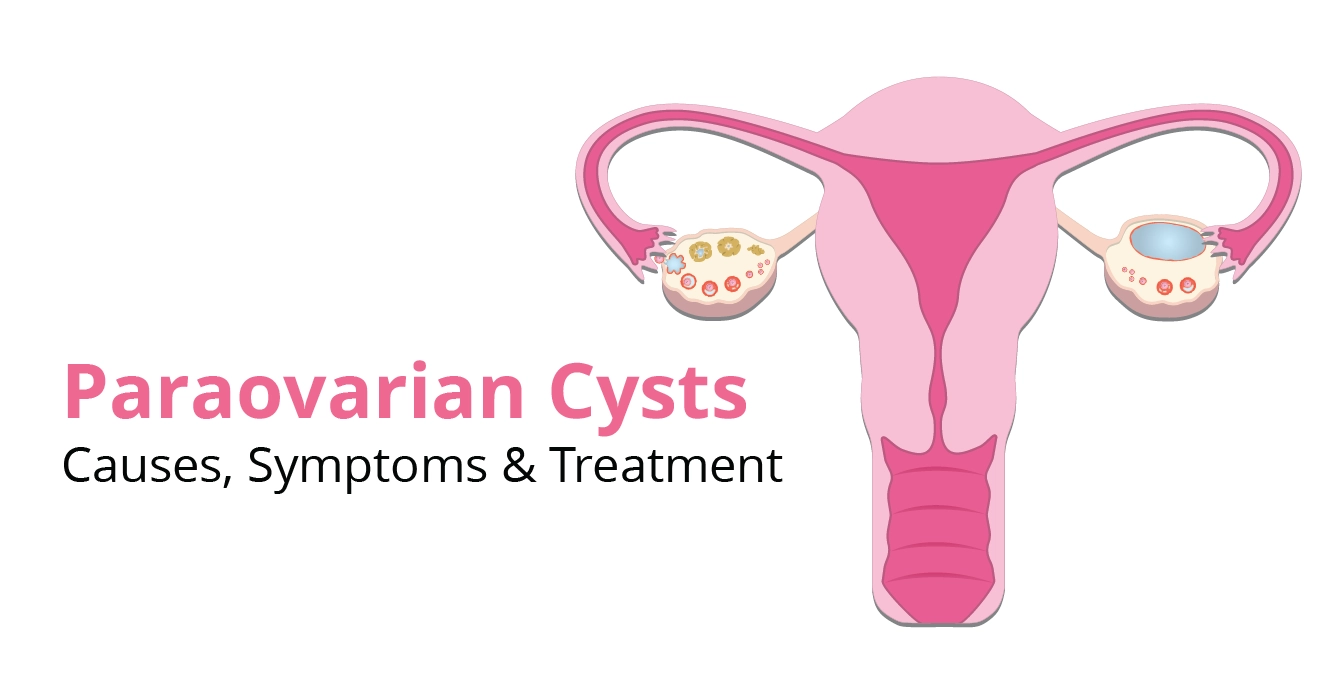
Why Does Urine Colour Change During Pregnancy?

Table of Contents
- The Science Behind Urine Colour
- A Guide to Understanding Different Colours of Urine
- What is the Colour of Normal Urine During Pregnancy?
- Causes of Urine Colour Changes During Pregnancy
- Early Pregnancy And Urine Colour
- Emergency Signs of Urine Colour Changes
- Risk of Urinary Tract Infections During Pregnancy
- Conclusion
- FAQ’s
Have you noticed a change in your urine colour during pregnancy and are wondering if it is normal or not? Pregnancy is a cherished phase in a woman’s life, but it also comes with several physical changes. One of the changes that many expectant women notice is a change in urine colour. Most of the time, the change in urine colour is completely normal and may reflect your hydration levels, diet, or prenatal vitamins. However, sometimes the change can indicate an underlying condition that needs to be addressed. Let’s understand in detail.
The Science Behind Urine Colour
Urine gets a natural yellow colour due to a pigment called urochrome. This pigment is produced when our body breaks down haemoglobin from red blood cells. The more the dilution, the lighter the colour of urine. On the other hand, concentrated urine appears darker because it contains more urochrome and waste products.
What happens during pregnancy?
Your kidneys work harder to eliminate waste for both you and your baby. This can make certain shifts in urine colour more noticeable. This is often a normal part of a pregnancy journey.
A Guide to Understanding Different Colours of Urine
The colour of urine can indicate what is happening in your body. The table below will tell you about different colours and their possible causes.
| Urine Colour | Possible Cause | What Does It Mean? |
| Pale yellow to light straw | Normal hydration | This is considered the healthiest shade. It indicates that you are well-hydrated and your kidneys are working normally. |
| Dark yellow or amber | Mild dehydration | You should increase water intake. Colour should lighten after rehydration. |
| Bright yellow | Prenatal vitamins (especially B-complex) | It is considered harmless. It is caused by excess vitamins being excreted |
| Orange | Dehydration, supplements, or certain medicines | Drink more water. Consult a doctor if symptoms persist or your eyes turn yellow. |
| Cloudy or milky | Urinary tract infection (UTI) or high protein levels | Seek medical advice, especially if there is pain or foul-smell. |
| Pink, red, or brown | Blood in urine, kidney or urinary issues | Contact your doctor immediately for evaluation. |
What is the Colour of Normal Urine During Pregnancy?
The normal urine colour during pregnancy is pale yellow or light straw. It indicates that you are properly hydrated and your kidneys are functioning well. Occasional slight changes in shade are expected due to diet, supplements, or hormonal fluctuations. However, if there are persistent dark or unusual colours, you should consult a doctor without delay.
Causes of Urine Colour Changes During Pregnancy
Several factors can cause urine colour changes, including:
- Dehydration: In pregnancy, women need more fluid intake to support increased blood volume and kidney function. In case the intake of fluid is low, urine becomes darker or amber in colour.
- Effect of Prenatal vitamins and supplements: Urine can turn bright yellow or may have a neon tint due to Iron and B-complex vitamins, especially riboflavin (vitamin B2). It is a normal and temporary effect.
- Choice of Diet: Foods like beetroot, carrots, and blackberries, or even coloured foods and drinks, can temporarily change urine to pink, red, or orange shades.
- Medications: Some antibiotics, antacids, and laxatives can affect urine colour. Always check with your doctor if you notice persistent changes after starting a new medicine.
- Infections or liver issues: Urinary tract infections (UTIs) may cause cloudy or foul-smelling urine, while liver problems can sometimes make it appear dark or orange.
Early Pregnancy And Urine Colour
- In the early weeks of pregnancy, a woman undergoes several hormonal changes, particularly there is a rise in pregnancy hormone called human chorionic gonadotropin (hCG), which can affect urine concentration and colour.
- Some women notice their urine appearing slightly darker or more yellow. It is generally linked to dehydration from morning sickness, vomiting or increased urination.
- If you are taking prenatal vitamins, this can also make urine appear bright yellow due to excess vitamin B-complex (particularly riboflavin) being flushed out of the body.
Emergency Signs of Urine Colour Changes
While most urine colour variations in pregnancy are harmless, certain changes can indicate underlying health concerns that need prompt medical attention. You should contact your doctor immediately if you notice any of the following:
- Red or brown urine:
This may indicate the presence of blood in the urine, which could be due to a urinary tract infection, kidney stones, or other kidney-related issues. - Persistent dark urine:
If your urine remains dark even after drinking plenty of fluids, it could suggest severe dehydration or possible liver problems. - Cloudy or foul-smelling urine:
This often points to a urinary tract infection (UTI), especially if you also experience pain, burning, or frequent urination. - Pain or burning while urinating:
A burning sensation or pain during urination usually signals an infection or bladder irritation that requires medical treatment. - Yellowing of eyes or skin:
This may be a sign of jaundice or liver dysfunction and should be checked by a doctor without delay.
Risk of Urinary Tract Infections During Pregnancy
Pregnant women are more susceptible to urinary tract infections (UTIs) because hormonal changes relax urinary tract muscles, slowing urine flow. Symptoms include:
- Burning sensation while urinating
- Frequent urge to urinate
- Cloudy or foul-smelling urine
- Lower abdominal pain
If untreated, UTIs can lead to kidney infections and complications in pregnancy. Doctors usually prescribe safe antibiotics and recommend increasing fluid intake.
Conclusion
If you have noticed a change in your urine colour during pregnancy, do not panic. In most cases, it is temporary and does not mean any major issue. However, if there are prolonged or unusual changes, they should not be overlooked and you should talk to your doctor without delay. Staying hydrated, eating a balanced-nutritious diet, and regularly monitoring your urine can help ensure your and your baby’s well-being.
If you notice dark colour urine during pregnancy or other unusual signs, consult our leading gynaecologist at Birla Fertility & IVF. It is always better to be cautious to avoid any complications.
FAQ’s
What are the reasons behind temporary changes in urine colour during pregnancy?
Not every colour change signals a problem. Temporary fluctuations may occur due to:
- Skipping water intake during a busy day
- Eating certain foods like carrots or asparagus
- Taking prenatal vitamins
- Sweating excessively due to hot weather or exercise
If your urine returns to a lighter shade after taking sufficient fluids, it is likely just a temporary variation.
Is dark yellow urine an indication of pregnancy?
Not necessarily. Yellow urine can appear brighter due to dehydration or prenatal vitamins. It is not a reliable sign of pregnancy on its own.
Can the colour of urine indicate a urinary infection?
If the urine is cloudy, dark, or foul-smelling, along with pain or a burning sensation, it can signal a urinary tract infection (UTI). Consult a doctor promptly.
Why is my urine dark during pregnancy?
Dark urine normally indicates dehydration. However, if it continues despite drinking enough water, consult your doctor to rule out liver issues or infection.
How can I keep my urine colour normal during pregnancy?
Here are a few tips:
- Keep yourself hydrated
- Take vitamins as prescribed by your doctor
- Maintain good hygiene
- Eat a balanced diet
- Report any unusual colour changes or discomfort to your healthcare provider
Our Fertility Specialists
Related Blogs
To know more
Birla Fertility & IVF aims at transforming the future of fertility globally, through outstanding clinical outcomes, research, innovation and compassionate care.
Had an IVF Failure?
Talk to our fertility experts

 Our Centers
Our Centers



















